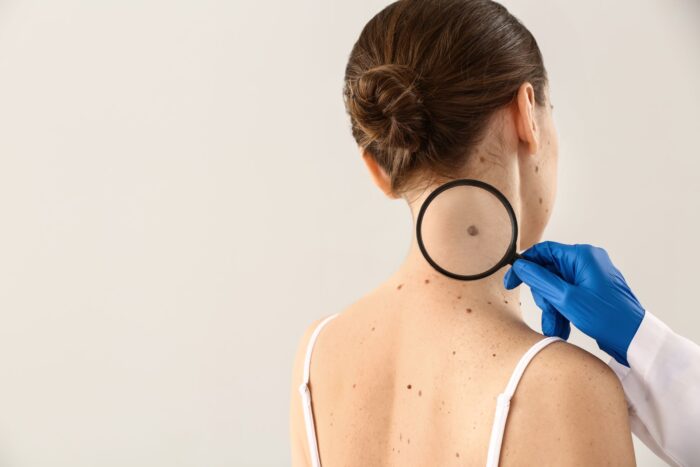Things You Can Do to Prevent Skin Cancer
Skin cancer is a type that can creep up on you before you even realize it’s there, with melanoma potentially becoming dangerous in only six weeks. What very few people know is that skin cancer risk is not a sentence, nor is it a sure path. In fact, 90 percent of skin cancers are preventable if you take the proper steps when they are due.

But how exactly can you prevent skin cancer? Do you need to stay indoors all day, avoiding the sun and beach? Here’s the good news: you don’t. You just need to put a couple of things on your to-do list. This blog will give you some insight into the best practices to keep yourself healthy and (hopefully) cancer-free.
What Is Skin Cancer?
As its name might suggest, skin cancer is a cancer type that shows up on the skin. Like breast cancer and other types, it forms when the skin cells go through abnormal mutations, growing at an uncontrollable rate and forming a tumor. There are many types of skin cancer out there, but the most common ones are squamous cell carcinoma, basal cell carcinoma, and melanoma.
Skin cancer can occur for various reasons, from excessive UV exposure to genetics. Just like breast cancer surgery can prevent this type of cancer from spreading, the removal of the cancerous skin formation can keep skin cancer at bay. You just need to catch it in the early stages.
Top Things to Prevent Skin Cancer
While the fatality of skin cancer can be prevented by removing the cancerous formation in its incipient stage, it’s much better to avoid the risk altogether. Below are a few tips to reduce your chances of skin cancer:
Check the Skin for Irregularities
Very often, non-melanoma skin cancers start as a non-cancerous formation. Perhaps it is a mole you’ve had for some time or a small dark patch that appeared out of nowhere. You often leave them alone because, let’s face it, who doesn’t get moles, especially as they age? The problem is that a non-cancerous skin formation has the potential to become cancerous. The risk is small, but it’s still there. For this reason, you should regularly check the skin for abnormalities and have it checked out if you spot something different.
Avoid Strong Sun
UV radiation can cause genetic mutations and damage to the DNA, which can ultimately lead to skin cancer development. For this reason, you should avoid going out in the strong sun as much as possible. A good tip would be to stay out of the sun between 10 AM and 4 PM, as the UV rays are stronger around that time. If you have no choice but to be outdoors, try to walk or stay in shaded areas.

Wear Sunblock
UV exposure can affect you anytime, whether in summer or winter or under a tree or an umbrella. This is why you should not go out without wearing sunblock. Broad-spectrum SPF is generally recommended, as it can protect you from both UVA and UVB rays. It’s also your primary defense against sunburn, something you can thank yourself for if you decide to spend the day at the pool. As a bonus, it can protect you from premature aging, as UV radiation can deform collagen.
Steer Clear of Tanning Beds
We all know the appeal of having a nice tan, but tanning beds can turn from allies to your greatest enemies. These units expose you to high amounts of UV rays, potentially causing even more damage than sunlight. This can increase the risk of skin cancer if used in excess.
Say NO to Skin Cancer!
While skin cancer has a high cure rate if it’s caught in the early stages, it can become a threat to your life if you don’t tackle it early. Prevention is key, no matter if it’s to keep the cancer from spreading or prevent it from forming in the first place. Contact Dr. Patrick Moore for an appointment and learn how to keep skin cancer at bay!
For more information about skin cancer and how to prevent it, you can contact Dr. Patrick Moore at 951-477-5700. He can offer all the details you need to live a long and healthy life.




